Since the adoption of the Universal Declaration of Human Rights in 1948, ‘all human beings are born free and equal in dignity and rights. They are endowed with reason and conscience and should act towards one another in a spirit of brotherhood’. As the Declaration turns 75 this year, this foundational promise has lost none of its relevance. At the same time, the world in 1948 was not the same as it is today.
We are a team of legal scholars and students based at University of Exeter Law School and, with this blog, we aim to foster critical reflection and encourage discussion on the significance of human rights for democracy today. We also aim to contribute to a better understanding of human rights and of their connections with liberal democracy. At the heart of these discussions lies the fundamental idea of human dignity. The apparently simple claim that ‘all human beings are born free and equal in dignity and rights’ has raised complex issues about what it means to be human. This also raises questions about how human rights might contribute to protecting humanity against unprecedented challenges such as climate change, the development of Artificial Intelligence, as well as the rise of authoritarianism. The fundamental idea that all human beings matter equally is also affecting what liberal democracy involves in practice, and what it means in theory. Ultimately, the idea of human dignity invites us to explore the ways in which liberal democracy might be envisaged as a way for human beings to live together and shape their collective destiny together.
The blog has its roots in the research developed by the Human Rights and Democracy Forum since its foundation in 2017, and in the many undergraduate courses and postgraduate courses offered on these topics at the University of Exeter Law School. It brings together peer-reviewed blog posts, interviews and discussions, as well as a range of resources. As we are based in the UK, it is fair to say that some of the discussion is focussing on developments taking place in the UK and in Europe. As human dignity is a global concept and a quality shared by all people around the world, we also aim to document, reflect on and discuss issues of human dignity, rights and democracy as they arise around the world. As we value a diversity of opinions, we would like to note that the views presented in the posts and interviews are those of their authors, and are not necessarily shared by the editorial team.
Catherine Dupre, 5 October 2023

David Barrett researches equality and human rights law. In particular, he is interested in socio-economic rights (especially the right to education) and the implementation of equality and human rights norms by public sector organisations (particularly regulators and inspectorates). Recently, he has also started exploring gender inequality in pensions.
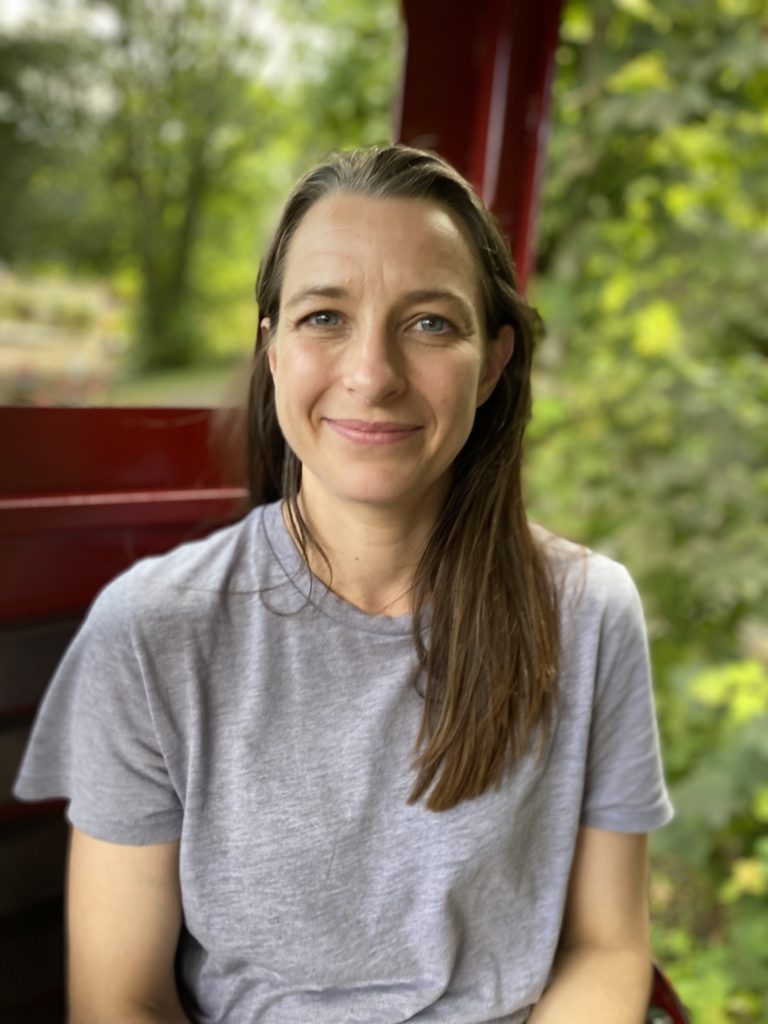
Christine Bicknell is an international human rights law scholar with expertise and experience in, but by no means confined to, the prohibition and prevention of torture and cruel, inhuman and degrading treatment across a range of detention settings and legal systems. In her published and ongoing research Christine has a strong interest in the intersections between different legal systems and frameworks of rights protection: intersections for example between regional systems; between domestic and international structures; and between different but sometimes disparate thematic frameworks. These Christine explores keenly as capable of deepening understanding of specific rights issues, and identifying and potentially unlocking barriers to the effective protection of rights.
Charlie Bishop’s research examines legal responses to domestic abuse, advancing the case for placing coercive control at the heart of legal understandings of abusive behaviour in intimate partner contexts. Informed by feminist legal theory, her work has developed new conceptual frameworks for understanding coercive control and non-consensual intimate image abuse across criminal and family law. She is currently writing on the human rights implications of admitting intimate images as evidence in private family proceedings to rebut or support allegations of domestic abuse, focusing on rights to privacy, a fair trial, and freedom from inhuman and degrading treatment under the European Convention on Human Rights.
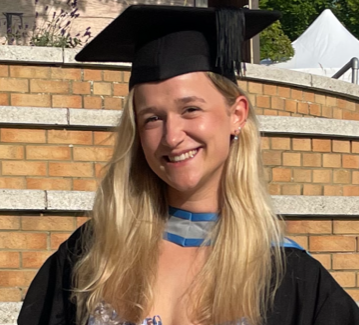
Hannah Burman is a graduate of the University of Exeter Law School. She discovered the concept of human dignity in her second academic year. It advanced a new understanding of human rights and a contemporary perception of the law rooted in historical events and moments. This led to her dissertation research on the ‘Dignity Promise’, which discussed the concept of insiders and outsiders and the consequences of the dividing line between those who do and do not belong. This is an interesting topic of discussion because human dignity encompasses all of humanity and does not discriminate; however, for certain persons, the legal landscape continues to omit the respect and protection of the full promise of dignity.
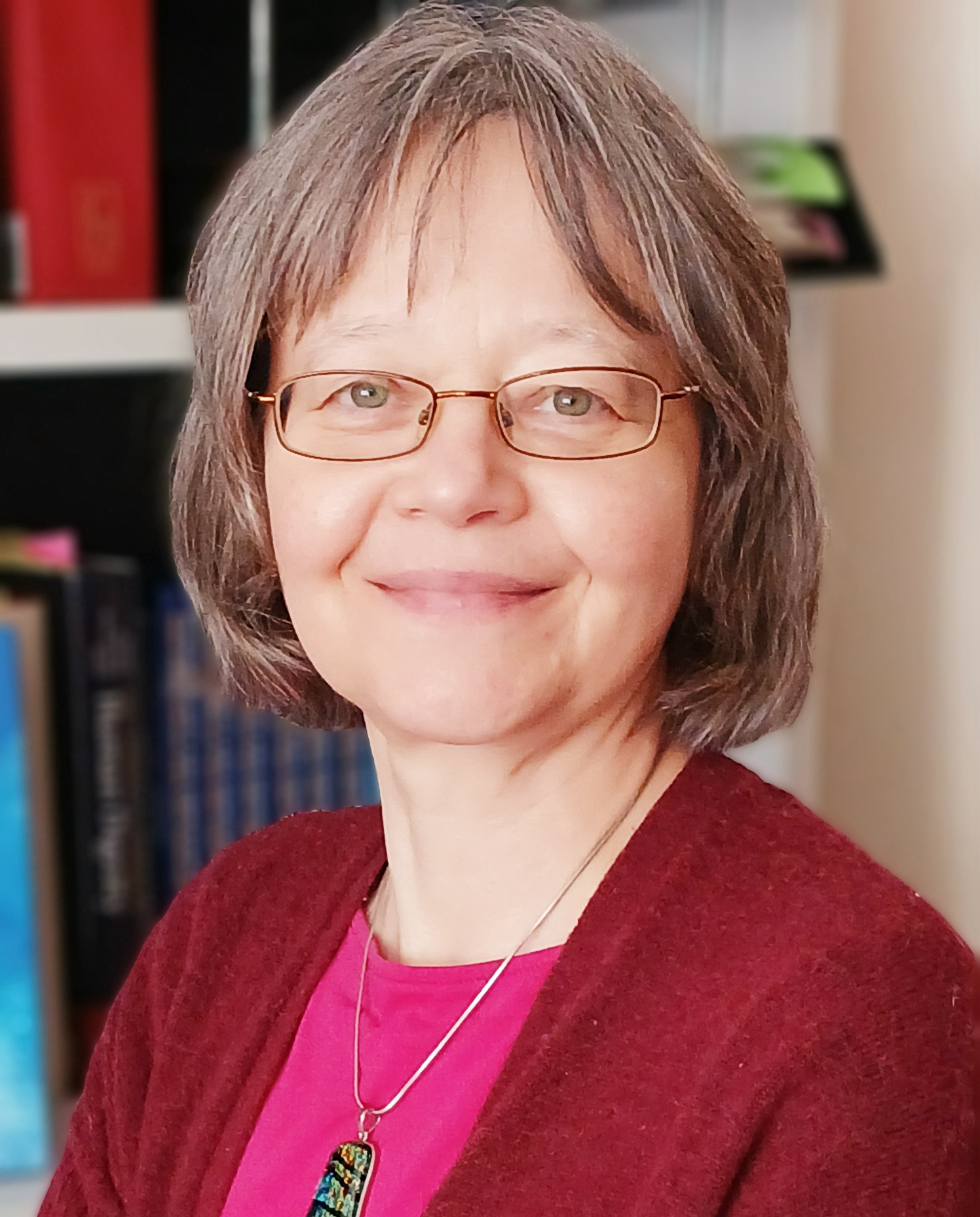
Catherine Dupre‘s research engages with constitutions and human rights, and she focusses on the concept of human dignity as a foundation of human rights and democracy in Europe. Her publications include Importing the Law in Post-Communist Transitions (Hart, 2003); The Age of Dignity (Bloomsbury, 2015), as well as numerous articles and book chapters. She co-edited Human Dignity and Democracy in Europe (Edward Elgar, 2022). At Exeter Law School, she has developed and taught undergraduate and postgraduate courses on human dignity and human rights since 2009.
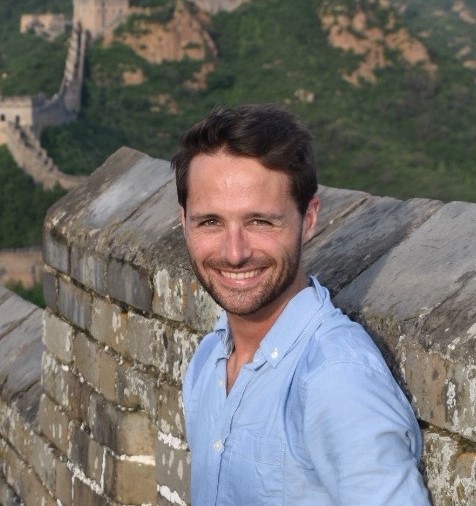
Raphael Girard is a Senior Lecturer in Law at the University of Exeter Law School, where he is also Director of the Graduate LLB Law programme. He convenes the Graduate LLB constitutional and administrative law core module and a module on law, democracy and populism. Raphaël holds a PhD in comparative constitutional law from the London School of Economics and Political Science (LSE). Raphaël’s main research areas include constitutional law, comparative constitutional law and constitutional theory. He is particularly interested in the intersections between populism, authoritarianism, constitutionalism and democracy.
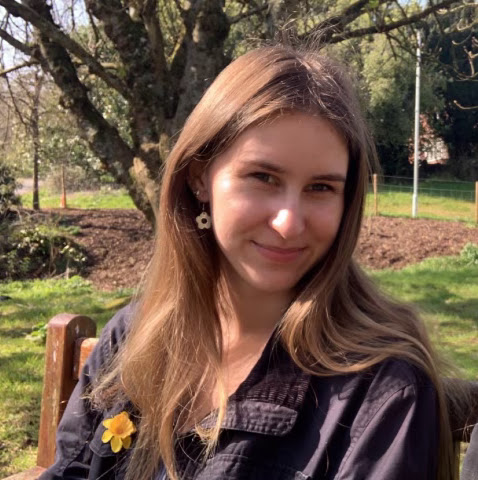
Olivia Pukalski was a third-year law student at the University of Exeter when she joined the founding editorial team (2023-2024). She has a keen interest in human rights and AI law. Following her second-year studies of human dignity, she is particularly concerned with the intersection of new technologies and the law, ensuring that advancements respect and uphold our inherent human dignity. Olivia was keen to contribute to a platform that fosters understanding, empathy and open discussion. She played a crucial role in recording and editing the first dialogues.

Suchita Tamang was studying for an LLM in international law at the University of Exeter when she joined the founding editorial team (2023-2024). Originally from Nepal, she graduated with a Law LLB from the University of Exeter in which she was able to deepen her understanding of human rights, as well as learn the importance of human dignity. From reading on human dignity and undertaking a research project examining Japanese imperialism in causing trauma and the impact of legal response in exposing systemic oppression, her interest in the academia side of human rights law was sparked. In the last term of her third year, she undertook an internship with Catherine Dupre in which the idea of a human rights and dignity blog was able to be developed. She played a crucial role in the early phase of setting up the Blog and was a very active and enthusiastic member of the team.

Rachael Wyborn is a founding member of the editorial team, she joined the project as a third-year law student at the University of Exeter, after having studied Human Dignity in her second year. As an alumna, she continues to have a particular interest in protecting the personal rights of vulnerable individuals, and is driven by the opportunities this blog presents to discuss and raise awareness around issues of human dignity, human rights, and democracy. Rachael hopes this blog continues to act as a beacon of light, drawing attention to current deficiencies, whilst also provoking dialogues for solutions to better protect and promote human dignity.